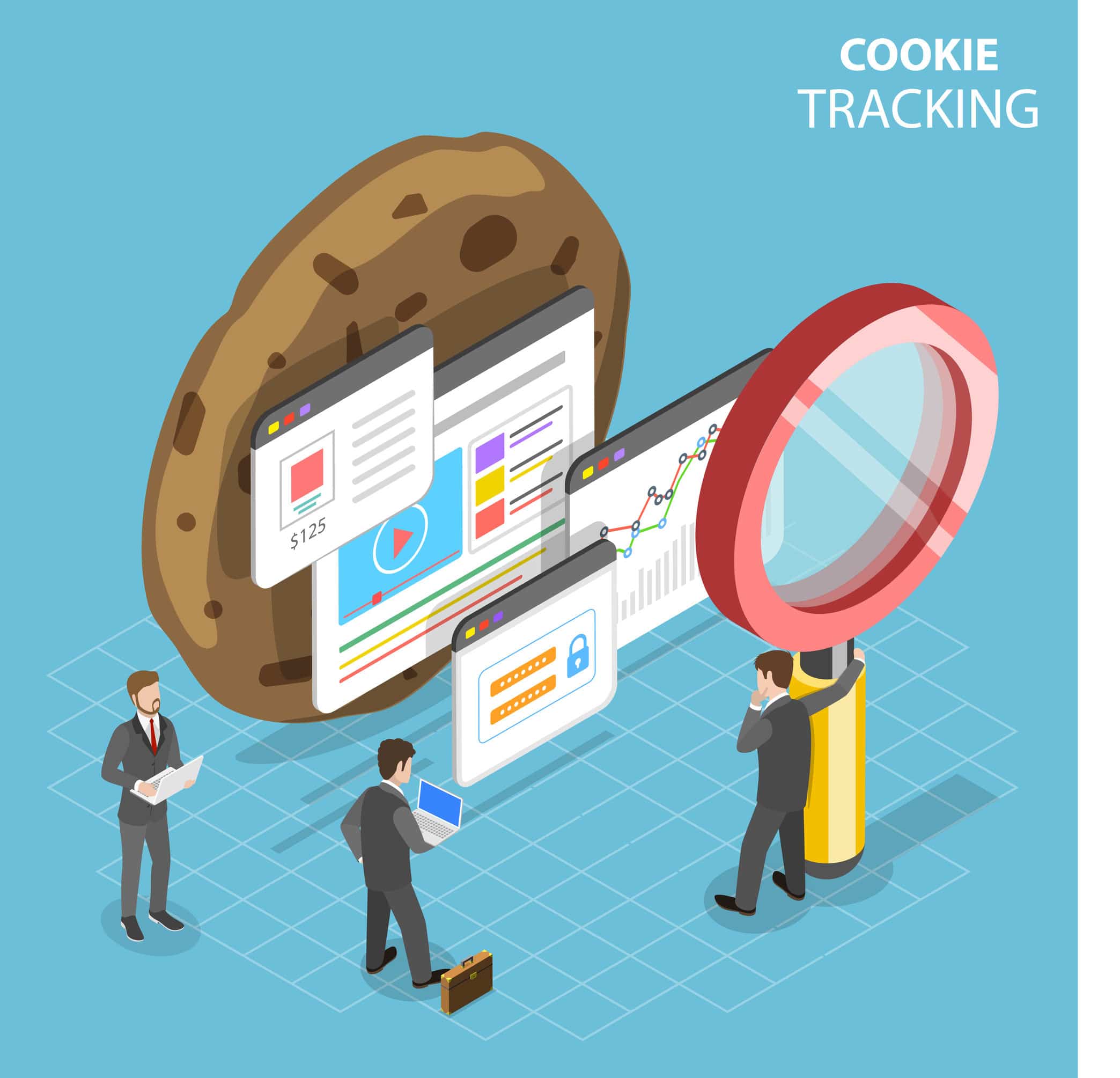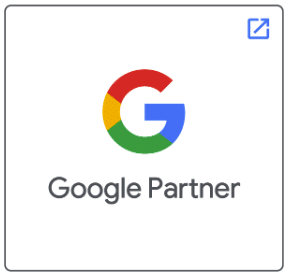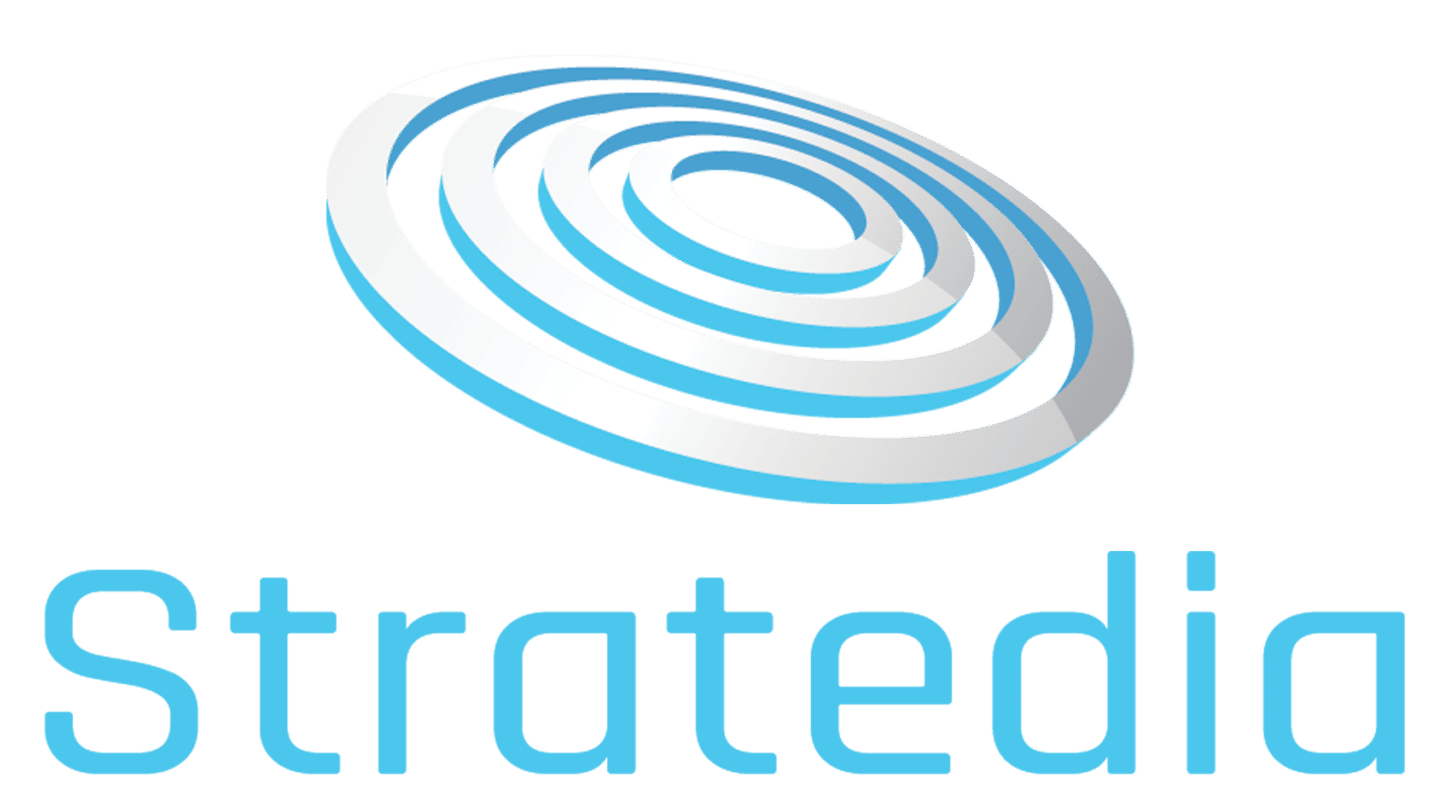
Google recently announced that third-party cookies are over — at least, as far as its ad networks and Chrome browser are concerned. This is a significant change for the ad business as it makes its first steps forward for privacy, but it’s also a limited one.
Now this doesn’t mean that Google will stop collecting your data, and it doesn’t mean the company will stop using your data to target ads.
So what does this mean?
- Selling web ads targeted to individual users’ browsing habits
- Their Chrome browser will no longer allow cookies that collect that data.
- Ad companies that rely on cookies will now have to find another way to target users
So let’s review- Google will still track and target users on mobile devices, and it will still target ads to users based on their behavior on its own platforms. This will make up the majority of its revenue and won’t be affected by the change. So, while this announcement will have a huge impact on the digital ad industry, it probably won’t have any implications for Google itself.
Now this isn’t entirely new, Google has been building up to this for some time. In August 2019 the company revealed its “Privacy Sandbox”. This was an initiative to personalize (or target) web ads while still preserving user privacy. Then in January 2020, Google announced that it hoped to block third-party cookies from its Chrome browser by 2022. This was a move that other browsers, like Safari and Firefox, had already made years ago. Google has planned to replace third-party cookies with technology developed through Privacy Sandbox.
If you weren’t aware third-party cookies are used by ad companies to track you as you go around the internet, and essentially build up a profile of you and your interests based on the sites you visit and using that to send ads to you. Google’s third-party cookies are on millions of websites, feeding the company a ton of information about the sites you visit, which powers part of its massive ad business. But the public is becoming more aware of privacy issues these days, and regulators are passing more privacy laws.
This is Google’s Federated Learning of Cohorts (FLoC) comes to play. Google states that this a “privacy-first” and “interest-based” advertising technology. With FLoC, Chrome can keep track of a user’s browsing habits across the web, and then place the user in various audiences, or “cohorts,” based on these habits. Advertisers can then target their ads to these cohorts, rather than just one individual user.
So if you’re looking for a browser that doesn’t collect your data for ads, and are currently reading this while using Google Chrome, then you should probably consider a different one.
So Google will still technically deliver targeted ads to you, but it will do so in a more anonymous and less creepy way. Google claims that advertisers can get nearly the same return on investment from FLoC as they would through cookie-based tracking, and is currently testing FLoC out with advertisers to see if it will work as its cookie replacement. FLoC may not work out in the end, but Google is at least confident enough in it to declare that cookies will die, and again, Google won’t be replacing them with a similar type of individual tracker.
Google will still collect your first-party data. Like what you do when you’re using its products, like YouTube and Search and then they will target ads to you based on this information. This first-party data becomes even more valuable to advertisers as third-party data sources are starting to dry up. This is great for Google, whose platforms get billions of hits per day. In fact, the bulk of Google’s revenue comes from ads on Google Search — more than half of it, according to its most recent quarterly earnings report, and far more than it makes from its ad network that currently relies on third-party cookies. It should also be noted that Google Search won’t be affected by the cookie ban, and this data-based revenue stream will continue to flow.
Keep in mind that this doesn’t apply to data collected through Google’s trackers in mobile apps. Apple’s recent iOS 14 update will stop cross-app tracking all together. So if you are an iPhone user than you will at least have that privacy option within the next few months.
In conclusion, Google says they are committed to developing and using ad tech that doesn’t rely on tracking and advertising to users, but other companies are developing their own non-cookie tracking methods that do, and you could still be tracked by them when you use Chrome. So for now, Google is getting out of the cookie and individual tracking game.
GET TO THE TOP!
If you have questions or concerns about your online presence give Stratedia a call at 860.415.0430 or visit us online at stratedia.com. We‘re ranked #1 as the top seo company CT by Clutch.co! Let Stratedia help you, GET TO THE TOP!











